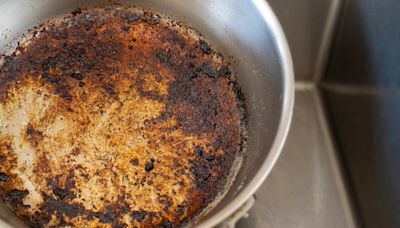Search results
Mar 8, 2016 · The legacy of Otto Warburg is not only the Warburg effect, but also the identification of the “respiratory ferment” and hydrogen-transferring cofactors and the isolation of glycolytic enzymes. His hypothesis of respiratory damage being the cause of cancer remains to be a provocative scientific issue, along with its implications for cancer ...
- Angela M. Otto
- 10.1186/s40170-016-0145-9
- 2016
- Cancer Metab. 2016; 4: 5.
Apr 14, 2011 · Otto Heinrich Warburg was born 8 October 1883 in Freiburg im Breisgau. His father, Emil Warburg, was one of the most eminent physicists of his time 13 and was revered by young Otto. As was common ...
- Willem H. Koppenol, Patricia L. Bounds, Chi V. Dang
- 2011
People also ask
Who is Otto Warburg?
What did Otto Warburg discover?
How did Otto Warburg treat cancer?
What is the legacy of Otto Warburg?
Jan 1, 2013 · The Nobel Prize Winner (1931) Dr. Otto H. Warburg had established [1–7] that the main energy source of the cancer cell is aerobic glycolysis (the Warburg effect). In his opinion, the normalization of the oxygen respiration can slow the growth of cancer cells and, possibly, lead to a full recovery.
- Anatoliy V. Popov, Leonid G. Menchikov
- 2013
Nov 21, 2023 · In 1923, Otto Warburg published his landmark study, in which he described his seminal observations related to metabolic shifts in cancer, often referred to as the Warburg effect. His work...
- Craig B. Thompson
3 days ago · Awards And Honors: Nobel Prize. Subjects Of Study: cellular respiration. Otto Warburg (born October 8, 1883, Freiburg im Breisgau, Germany—died August 1, 1970, West Berlin, West Germany) was a German biochemist awarded the Nobel Prize for Physiology or Medicine in 1931 for his research on cellular respiration.
- The Editors of Encyclopaedia Britannica
Feb 20, 2023 · A hundred years ago, Otto Heinrich Warburg , the Nobel Prize winner of 1931, found [1-7] that the main energy source in cancer cells is “aerobic glycolysis”, i.e., glycolysis in the presence of oxygen (the Warburg effect), that was in a sharp contrast to the Pasteur effect when the glycolysis rate abruptly decreases in the presence of ...
As a medical student at the University of Heidelberg, Warburg announced his desire to cure cancer. From his early studies measuring the breathing rates of sea urchin eggs, he hoped to arrive at a new understanding of cancer; eggs, like tumours, grow by dividing repeatedly. He made early progress developing new tools to measure the metabolism of ...









